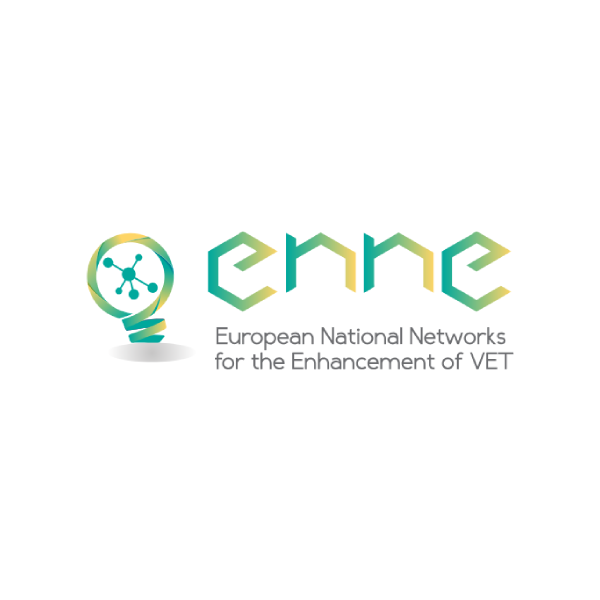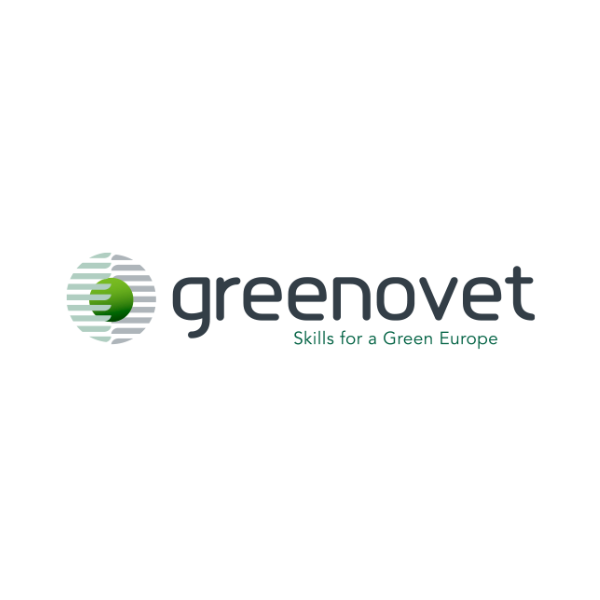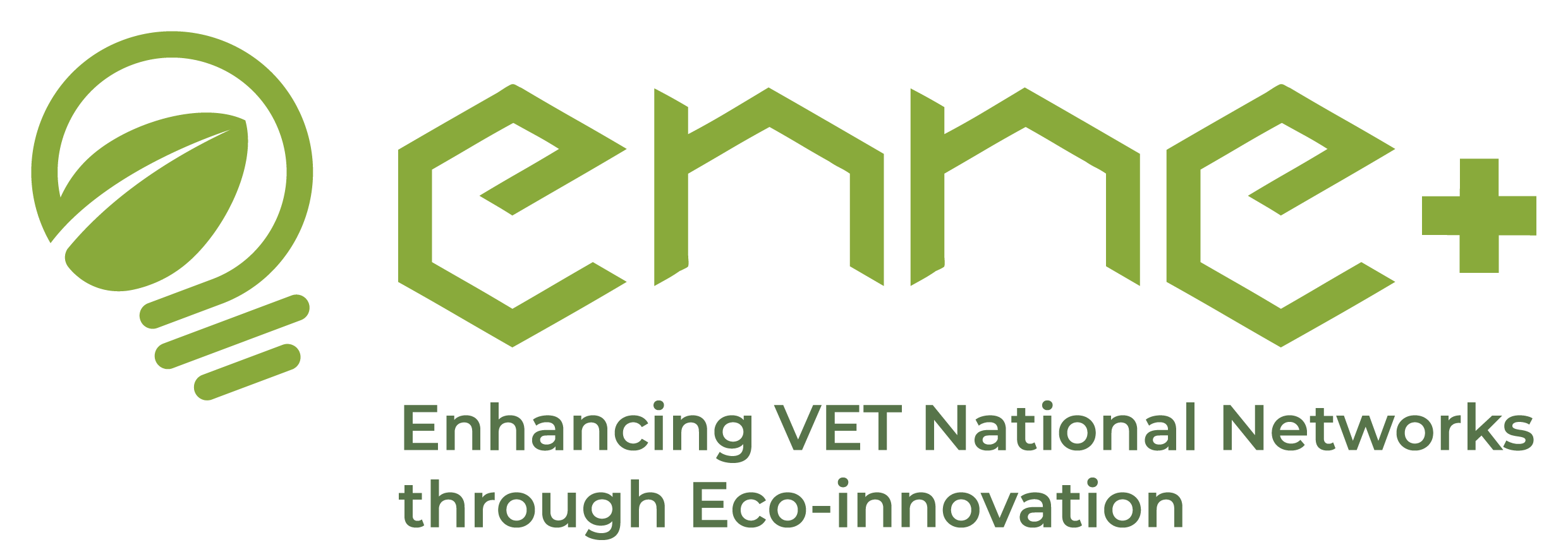ENNEPlus is a project co-funded by the European Union (EU) within the framework of the call ERASMUS-EDU-2023-PI-FORWARD-LOT2 “Partnerships for Innovation – Forward-Looking Projects – Vocational Education and Training (VET)”.
Forward-Looking Projects are large-scale projects that aim to identify, develop, test and/or assess innovative (policy) approaches that have the potential of becoming mainstreamed, thus improving education and training systems.
ENNEPlus pursues this objective by following-up and building innovative actions based on the results obtained with three previously implemented EU initiatives such as:



ENNEPlus main aim is to enhance the capacity of VET providers in contributing to the transformative and sustainable change of their local communities through networking, capacity building and challenge-based activities in the field of Eco-innovation. The consortium will be able to reach this goal by:
Involving existing VET National Networks in the integration and scaling-up of innovative solutions and approaches for enhancing the attractiveness of VET.
INDICATORS OF ACHIEVEMENT
- Enhancement of the VET National Networks;
- Engagement of new VET stakeholders;
- Adaptation of the Social Hackademy Methodology to the VET sector;
- 80 VET providers selected and involved in the Social Hackademy;
- At least 10 challenge-based scenarios developed.
Setting-up VET driven Eco-innovative communities and engaging them in the co-design, incubation and sustainable exploitation of greentech solutions.
INDICATORS OF ACHIEVEMENT
- At least 200 active members in the virtual Community of Practice;
- At least 40 local communities activated in the field of Green innovation (10 in each piloting country);
- At least 12 VET-driven projects socially incubated and mentored, 3 in each partner country;
- At least 4 long-term action plans co-designed.
Facilitating multi-stakeholder knowledge sharing and partnership establishment to ensure long-term impact at local and international level.
INDICATORS OF ACHIEVEMENT
- Creation of partnerships between VET providers and sector representative organisations;
- Adoption of the Social Hackademy Methodology by at least 50 VET providers;
- Number of relevant stakeholders reached by the results of the project;
- Effective dissemination and exploitation campaign.

